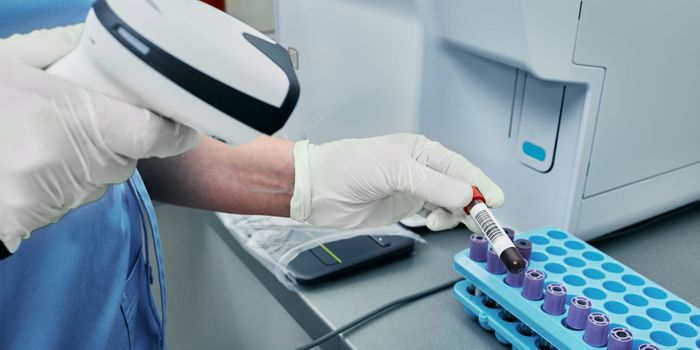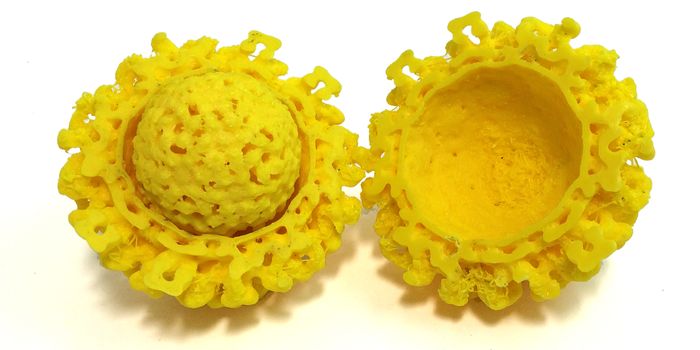Can a Drug Prevent Mitochondrial Diseases?
Mitochondria are incredible organelles. They not only provide crucial power to our cells, but these little machines also have their own tiny little genomes, and can even make their own proteins. But that also means that mutations can arise in this mitochondrial DNA (mtDNA), which can lead to very serious diseases. Scientists have now found a mechanism that is related to the inheritance of mtDNA mutations, and this work has also found a potential treatment that might lower the risk of the diseases that come from mtDNA mutations. The work has been reported in Science.
Defective mitochondria can be identified and eliminated by cells, even those present shortly after fertilization and early on in development. This process is known as mitophagy. But sometimes, defective mitochondria escape mitophagy, and hang around in developing cells. This increases their number, and can raise the risk of mitochondrial diseases (from mtDNA mutations). Mitophagy can protect cells. But mtDNA has a mutation rate that is about fifteen times higher than genomic DNA, which can pose serious problems.
Researchers have now determined that cells can react to mutations in mtDNA, and disable a marker known as ubiquitin. Ubiquitin typically works to mark damaged proteins so the cell can eliminate them, and can push damaged mitochondria into mitophagy.
However, mitochondria carrying mtDNA mutations can also evade that quality control mechanism, by inhibiting ubiquitin. An enzyme called USP30 (ubiquitin-specific protease 30) becomes overactive, leaving ubiquitin unable to label defective mitochondria, allowing the mutant mitochondria to survive in cells. Since mtDNA mutates so quickly, more mutations can also accumulate and the likelihood of mitochondrial disease increases.
This work also showed that USP30 can be disrupted with a drug called compound 39 (CMPD39). It may be possible to apply this drug early on in development and stop mitochondrial diseases from occurring.
"Mitochondrial diseases can cause devastating disabilities and even prevent some families from having children. The United Kingdom has approved a new form of in vitro fertilization that can prevent their transmission, but other than that, we have no way of preventing these diseases, and there are few treatments available," said corresponding study author Patrick Chinnery, a professor of neurology at the University of Cambridge.
"Our discovery points to a possible new drug therapy that could help stop these diseases in the future, allowing families to have healthy children."









